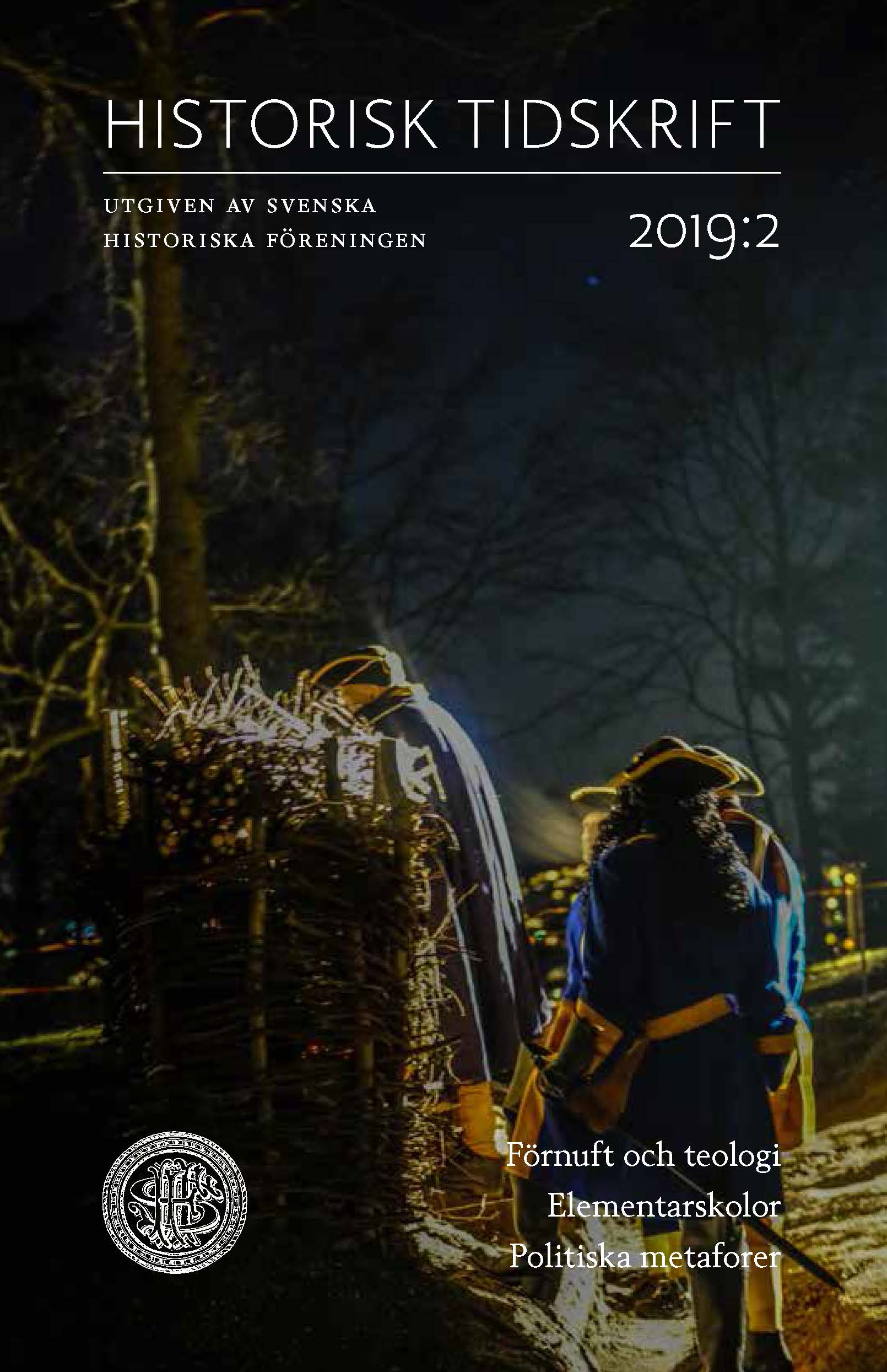Abstract
Rational and theological criticism: A contribution to the understanding of Swedish eighteenth-century historiography
During the eighteenth century, several Swedish historians practiced a reason-based form of criticism, above all when analysing the medieval period. This critical method entailed that events that seemed not to stand the test of reason, such as miracle stories, were not only seen as purely fictional but were also severely criticized as a symptom of the poor intellectual standards of the era. Previous research has seen this critical practice as an expression of Enlightenment thought. An investigation of five major historical works written during Sweden’s so-called ”Age of Liberty” (1719–1772) reveals that although this critical practice bears the indisputable mark of ”Enlightenment ideas”, it was also a late expression of an older form of criticism rooted in Lutheran theology. In Reformation thought, ecclesiastical miracles were criticized not primarily because they were untrue, but because of their connections with unwanted Roman Catholic forms of piety that threatened to entice people away from the ”pure Evangelical faith”. The investigation also shows that Swedish eighteenth-century historians understood miracles and the issue of Divine intervention in history in a more nuanced and diverse way than scholars have thought.

